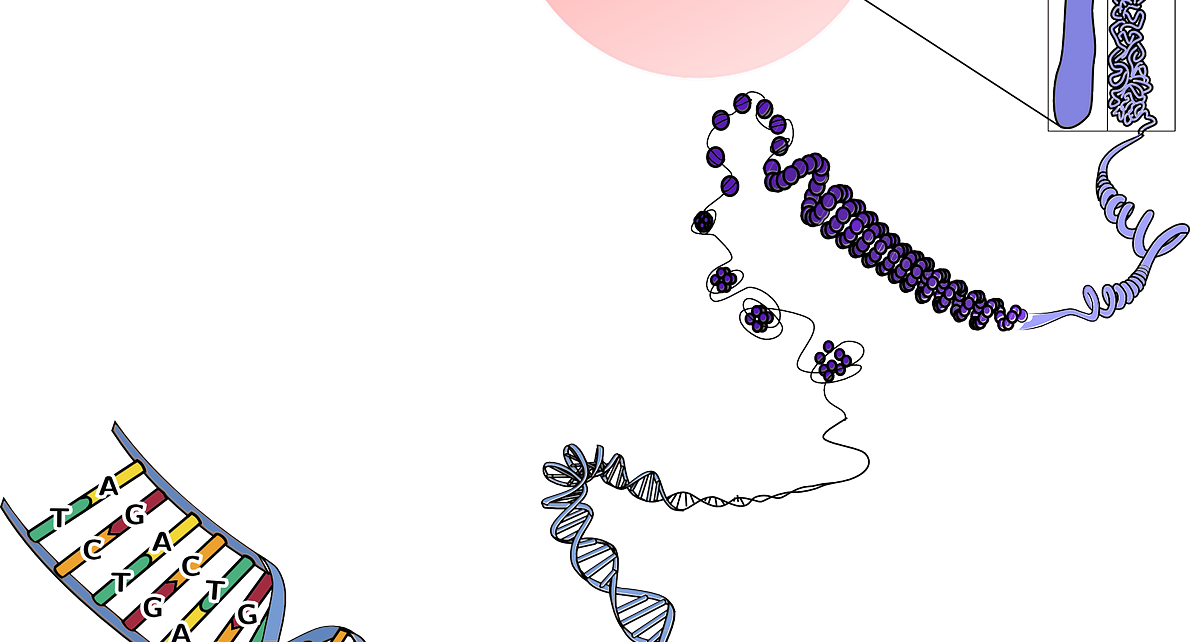
Swyer syndrome or pure gonadal dysgenesis
Swyer syndrome is characterised by a discrepancy between the patient’s karyotype and sexual phenotype (gonadal dysgenesis). While patients have a male karyotype (46,XY), they are female in appearance and have normal external genitals. A more exhaustive examination of patients uncovers that they have not entirely developed all secondary sex characteristics.
Índice
Traits and symptoms in patients with Swyer syndrome
Individuals with Swyer syndrome tend to:
- be tall;
- have little axillary and pubic hair;
- have no ovaries but instead streaks of fibrous tissue;
- have a small uterus.
The first symptom that generally tends to alert patients to some sort of abnormality is delayed onset of menstruation (menarche).
Confirming a Swyer syndrome diagnosis
Swyer syndrome diagnosis may be confirmed further to:
- a gynaecological exploration
- sex hormone determination;
- a genetic test: karyotype or FISH.
What causes Swyer syndrome?
The main cause of the syndrome is a mutation in or absence of the SRY gene. It is one of the main genes involved in the generation of male sex characteristics. In individuals where they are absent (deleted) or mutated and do not function correctly, there is an error in testicular development.
Less frequently, the genes responsible for the syndrome may be SOX9, WT-1, NR5A1, DHH, NROB1, DMRT1, DMRT2, CBX2, MAP3K1, WNT4 and WWOX . Swyer syndrome can be inherited or de novo. The type of inheritance varies depending on the gene responsible for the disease.
Swyer syndrome: fertility and gynaecology
Since patients do not have ovaries, they do not produce ova. However, they can get pregnant if they are treated at a fertility clinic and undergo a cycle of assisted reproduction treatment with donor eggs (egg donation).
Administration of a therapy during puberty aimed at replacing the set of hormones that do not synthesise naturally is recommended. It is also advisable to remove the tissue that has replaced the ovaries since there is an elevated risk of tumours. Patients with Swyer syndrome require the psychological support of professionals in the field.
Dr José A. Ortiz biochemist at IBBIOTECH, part of the Instituto Bernabeu group.
